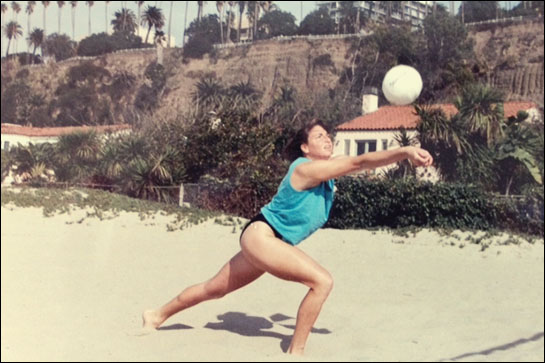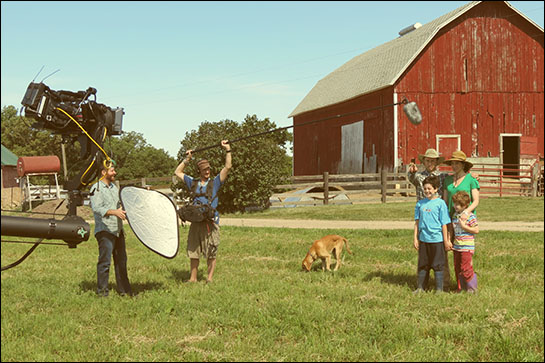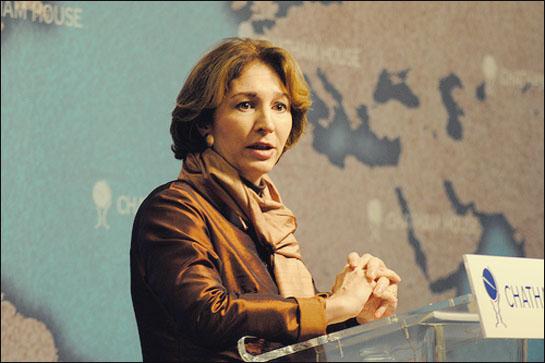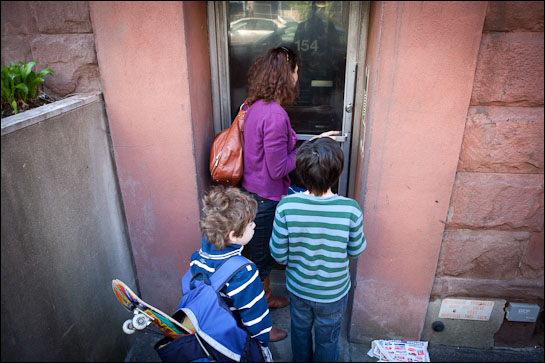
During my twenties I played in beach volleyball tournaments with Olympic contenders all the time. You’d think this would mean that I love watching beach volleyball in the Olympics. But actually, watching makes me sad.
After college, I moved to Los Angeles, determined to play on the professional beach volleyball tour. People thought I had completely lost my mind. I gave up an invitation to study history in Yale’s graduate program. I gave up a job offer in New York City publishing. I gave up living in Chicago, where my whole family was.
Here’s what my day was like: I woke up at 7am and I walked to a bagel store. I ate four bagels because I had no money for food and I had to eat cheap calories that would hold me over until the end of the day. Read more









